BONUS: IFSW Europe Conference Adventure
Welcome back to the Social Work Café blog and my highlights from this week’s special bonus episode!
I am joined in the café by an amazing feminist social work academic, Jacqueline (Jac) McNamara, whom I have the great privilege of co-supervising for her PhD alongside Professor Wendy Bowles and Associate Professor Karen Bell.
Earlier this year, Jac and I went on a little adventure to Prague, Czech Republic, for the International Federation of Social Workers (IFSW) Europe Conference, May 21 – 24.
#HardLife.
We had such an amazing time that we wanted to share our experiences, observations, and research with you!
While editing the audio, I debated splitting it across two episodes but found I didn’t want to disrupt the flow of our conversation.
So, strap yourselves for a longer episode that is full of laughs, tangents, speaking over the top of one another because of sheer excitement, and a good deal of analysis of social work.
After introductions, we unpack the early parts of the conference, including some fascinating keynote presentations (which Jac unfortunately missed thanks to coming down with COVID).
Jac and I agreed that many of the themes that emerged during the conference spoke to the need for social work to revitalise professional identity by mobilising, collectivising, and democratising, not only the profession but the communities we serve.
For example, one of the first key note speakers, Michael Rassell, shared details about a large research project in Europe that seeks to democratise social services so that they are truly responsive to the needs of citizens (I like the return to that language).
These sentiments were expanded through the philosophy of Ubuntu when the IFSW Global President, Joachim Mumba, officially opened the conference and shared stories of bottom-up community practice (Click here to download a free IFSW book on Ubuntu philosophy).
On day two, we were treated to a keynote presentation from former United Nations Ambassador Dr. Valentin Inzko, who spoke about the importance of civil society and taking small steps every day toward the future that we want.
And what is that future?
I think our next keynote speaker, Dr. Richard de Brabander, clarifies that it is about the ecosocial transition that is underway right now in our societies.
I was thinking a lot about my colleague, Associate Professor Heather Boetto, during this keynote and her work on environmental social work.
While I loved all these keynote presentations, take another look at those names and notice the gendered dynamic that unfolded.
Jac and other amazing social work students rightly pointed out that it was disappointing to observe that women were not well represented at the conference in these key areas, nor were gendered issues experienced by women in our societies.
Feminist analysis around patriarchy and androcentrism within social work is further examined when Jac and I talk about her paper presentation.
I got to be a very smug co-supervisor during that session.
While Jac was nervous about delivering her presentation, I sat there quietly, knowing she would nail it (and better yet, I got to volunteer to moderate the session and sit right next to Jac as she presented).
Jac really brings home the point about the need to collectivise within social work and how consciousness raising still offers tools we can use to unify professional identity and pursue social change.
When we unify around our shared goals as a profession, we achieve amazing things and feel a sense of belonging and pride in social work.
The importance of these feelings is highlighted when I share details about my presentation.
I had the great privilege of presenting on behalf of an international team of researchers, including Professor Riki Savaya (Tel Aviv University, Israel), Professor Kyoko Otani (Nihon Fukushi University, Japan), Dr. Mary Baginsky (Kings College, London), and from our own institution, Charles Sturt University, Professor Wendy Bowles, Associate Professor Karen Bell, and Dr. Nicola Ivory.
We all came together several years ago because of a common interest in professional identity in social work, and our presentation centred on how it is being conceptualised in our knowledge base.
Closely related to our research is an amazing PhD study currently being undertaken by Sharon Razon, who deserves a special shoutout for her presentation.
Like our research team, Sharon is incredibly interested in how we conceptualise and measure professional identity.
I’m thrilled to see where her research goes in the future!
And so we came to the final keynote presentation on the last day with Professor Malcolm Payne, whom many of you already know from his decades of writing and theorising about social work.
It was a joy to finish the conference with his keynote, as I felt it embodied the sentiment of the conference, which to me was a rallying cry for the enduring importance of the social work profession.
As Jac and I finish our conversation, she poses a question to you:
What would you now do differently in your practice after listening to us?
I hope you will get in touch and let us know!
It really was wonderful to get out into the world again after several years of working largely from home and doing conferences online.
Being able to network and connect with so many passionate social workers in person left me feeling very hopeful about the future of our profession.
The next global social work conference is taking place in 2024 in Panama (click here for details about the 2024 SWSD Conference).
Hopefully, Jac and I will be there and get to have another adventure!
In the meantime, Jac will make another appearance in the café to talk more about her feminist research.
Stay hopeful social work.
Dr. B

